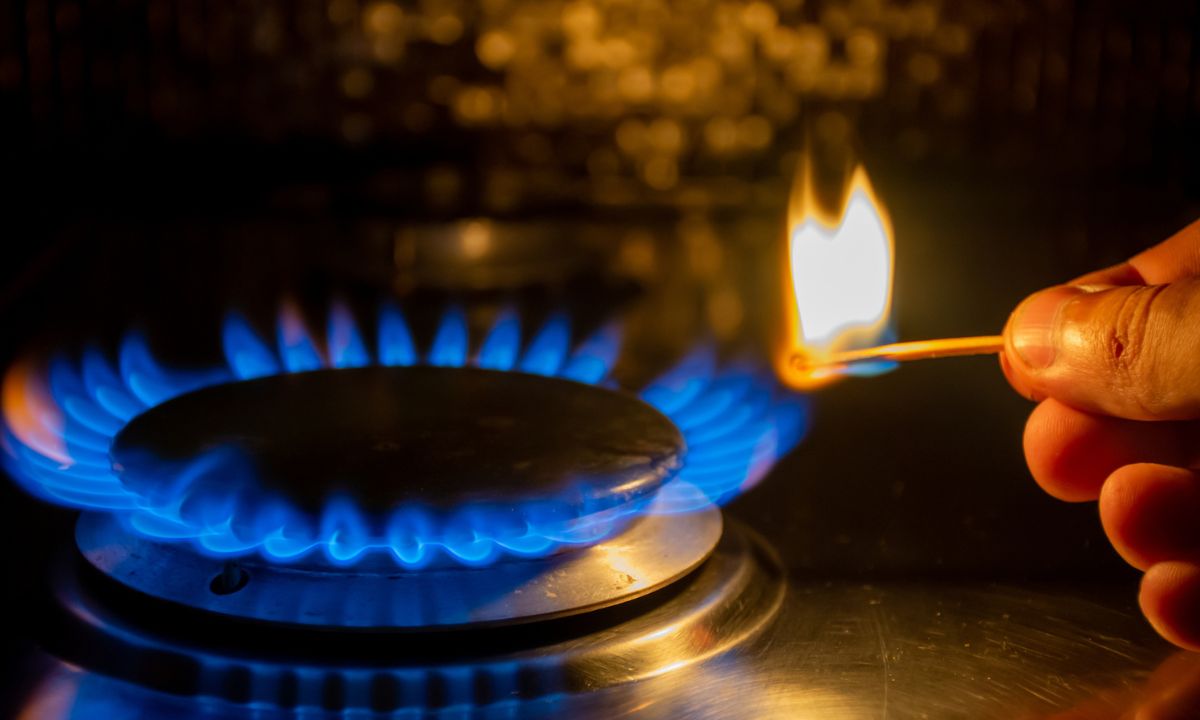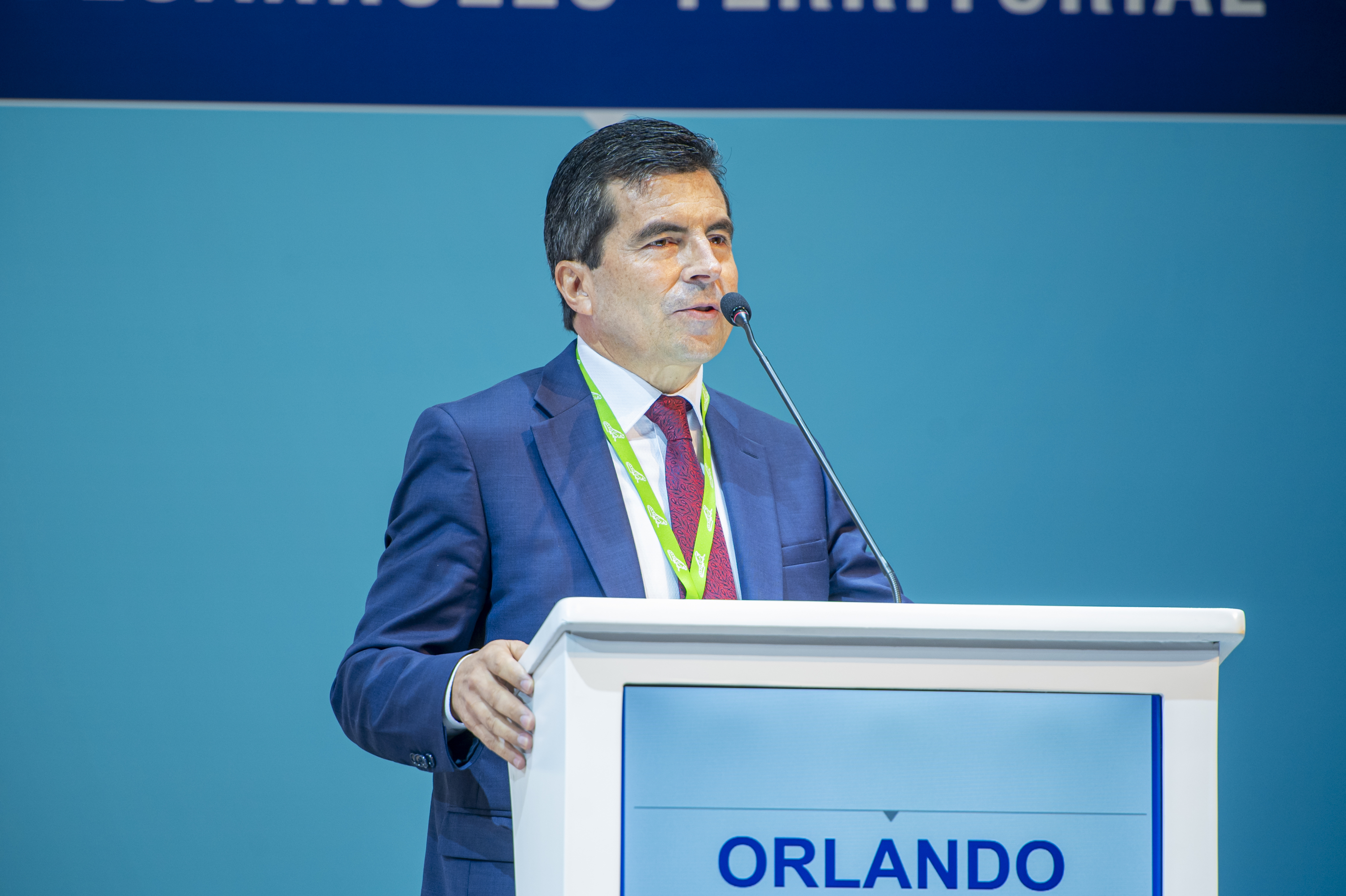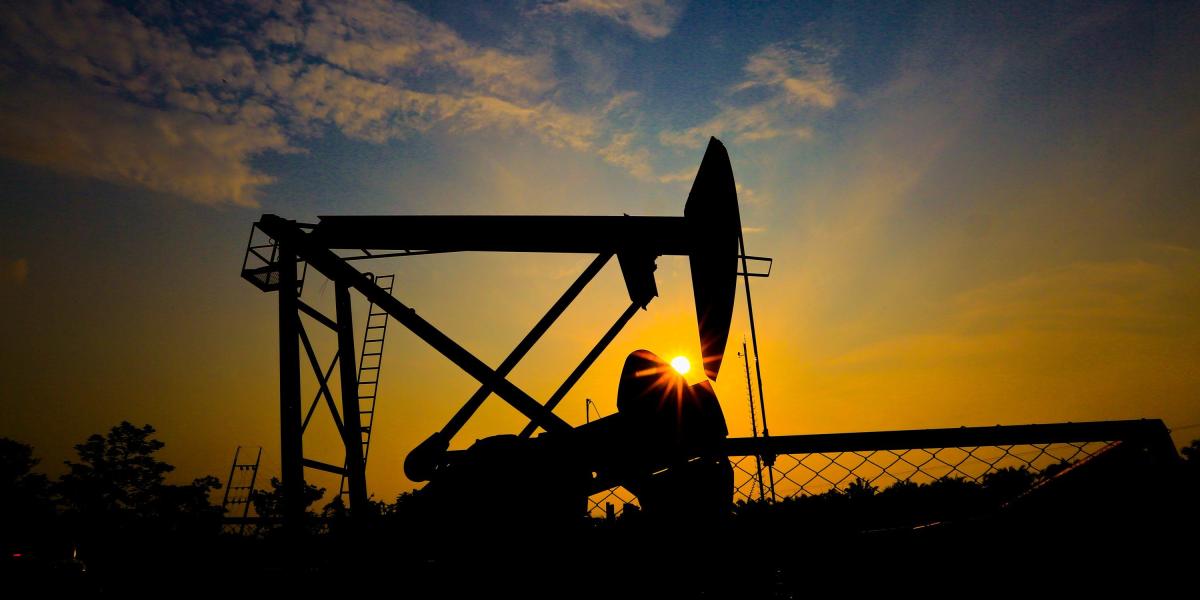'A lot of gas and oil has been discovered, but we haven't been successful in converting it into reserves,' says the ANH.

Last year, Colombia managed to slightly extend the lifespan of its proven oil reserves from 7.1 to 7.2 years, but the natural gas situation remains a concern, as self-sufficiency has dropped from 6.1 to 5.9 years.
However, the president of the National Hydrocarbons Agency (ANH), Orlando Velandia, emphasized that the sharp downward trend in natural gas reserves has been reversed, going from a one-year decline to just two months between 2023 and 2024.
"What we're doing at the ANH is beginning to show us that the trend can be reversed. However, I'm not saying we've found a solution and are relieved; we still have a lot of work to do," he said in an interview with EL TIEMPO.

Photo: iStock
The important news is that we've found a positive turning point in the negative trend in natural gas reserves. However, we're not satisfied with this.
We must continue working to make what we currently have more efficient. Contingent natural gas and oil resources are almost double the proven reserves. Therefore, we must seek ways to optimize and make viable these contingent resources so they can be converted into reserves.
For the past eight years, Colombia hasn't been very successful in adding new reserves through discoveries, but the opposite has happened with improved recovery and increased production.
Furthermore, technical evaluations resulting from a better understanding of the reservoirs have allowed us to incorporate many more oil and natural gas reserves than new discoveries.
Out of common sense, we have to focus on what's giving us the most results, and that's making the best use of the resources that have been discovered and bringing them to the surface.
What was not done before we see in the present, and what we are not doing in the present we will not see in the future.
Natural gas reserves had been declining by one year per fiscal year. If that trend had continued, they would have reached 5.1 years last year, but that wasn't the case. Reserves fell to 5.9 years, and that demonstrates that we are beginning to find a breaking point in this decline.
What we're doing at the ANH is beginning to show us that the trend can be reversed. However, I'm not saying we've found the solution and are relieved; we still have a lot of work to do.
What wasn't done before we see in the present, and what we're not doing in the present we won't see in the future, that's crystal clear.

President of the ANH, Orlando Velandia. Photo: VII Oil, Gas, and Energy Summit
If we begin to see positive changes with the measures taken, one would expect to continue to see the same results, and even better ones, if they are maintained or adjusted.
Therefore, we have strengthened some of these measures a little. We must continue investing heavily in enhanced recovery and continue to work together. The environmental and social issues remain a challenge; it requires ongoing and coordinated work. I believe we are successfully achieving this.
Since 2018, 71 contracts have been signed, and many of them have not had major results.
We're continuing to explore this possibility in the country; we're not refusing to accept it. There are many contracts, some of which have even been stalled for several years, and we haven't been able to move them forward.
If we focus on holding more rounds to award contracts and neglect what we've already signed, I think the equation doesn't make sense. Since 2018, 71 contracts have been signed, and many of them haven't yielded significant results. This isn't denial on the part of the ANH; it's evidenced by the data.

Photo: Jaime Moreno/EL TIEMPO Archive
We've discovered a lot of natural gas and oil, but we haven't been successful in bringing them to the surface to convert them into reserves. That's the challenge.
If we neglect this area of action by simply signing new contracts, we'll be impeached for having neglected this aspect. There are almost 100 contracts on which we haven't been able to carry out exploratory work.
It took us a lot of effort and investment to discover these continental resources, and if we don't spend the time on this priority to take advantage of the "low-hanging fruit," they'll refute us later.
Why has Colombia not been successful in converting these resources into reserves? More than 80 percent of contingent natural gas and oil resources currently depend on social and environmental licensing. Another factor that influences this, albeit to a lesser extent, is conflict in the territories over labor issues or demand for goods and services.
There are almost 100 contracts in which we have not been able to carry out exploratory work.
Sirius's natural gas is of excellent quality, among the best discovered in Latin America. Furthermore, the 117 kilometers of pipeline required are not a great distance.
We're not placing our hopes on something uncertain; assessments confirmed a potential of 6.1 cubic meters of natural gas. However, we must focus on the tasks that will make the production of these resources viable.
We are working with the Ministry of the Interior to conduct all prior consultations with the communities simultaneously. There will be 10 working groups dedicated to this to save time.
I don't feel like we're betting on something uncertain; we need to make an institutional effort to move this project forward.

Photo: iStock
A few days ago, an agreement was issued that relaxes regulations and allows for the normalization of contracts. Specifically, there will be a change in the type of bank guarantee required in contracts to avoid capturing companies' cash flow. This was one of the industry's main complaints.
Adjustments were also made related to the return of areas, remaining investments, the termination of contracts to streamline the process , and the conversion of hydrocarbon projects to non-conventional renewable energy generation.
eltiempo




